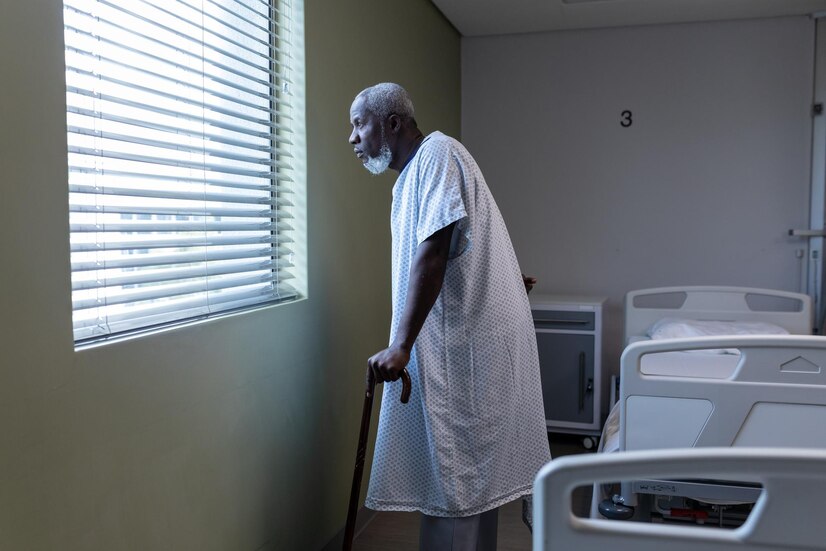- Specialties and Advanced Therapies
India provides treatment for a wide range of medical disorders, from complex surgeries to cancer and fertility treatments, as well as organ transplant procedures. Numerous hospitals are experts in treating diseases such as heart disease, kidney failure, neurological disorders, and orthopedic conditions. - Language and Cultural Compatibility
English is widely spoken in India, more so in the medical profession. This makes it even easier for Somali patients to communicate with their physicians. Another attraction is the fact that, just as in their region, there are many cultural similarities, alongside much of the existence of the Somali diaspora in India, particularly in cities like Delhi and Hyderabad-all of which may assuage feelings for patients and families. - Fewer Waiting Times
Compared to some other countries, patients can find short waiting periods to schedule consultations and treatments relatively quickly in India. It may mean everything to someone whose health requires immediate intervention, especially when it is life-threatening. - Medical Tourism Infrastructure
India has good infrastructure for medical tourism, including travel agencies that take care of medical visas, hotels, and travel provisions. Numerous hospitals offer packages for international patients that provide both pre-treatment and post-treatment care with language help.
- Aftercare Treatment
Indian hospitals provide a complete post-treatment package, including follow-up consultations through telemedicine and virtual platforms. This means that the patient can continue treatment without staying for a longer stint in India.
Somali patients travel to India because of the combination of advanced treatment facilities, accessible price options, and specialized services that are difficult to come by in Somalia. A few main reasons why well-known patients from Somalia will cross into India for treatment include:
- Quality Health Care
India has some world-class hospitals and medical centers that maintain high standards in the quality of health care services. Most hospitals in India are accredited internationally, and many specialize in treatments such as cardiology, oncology, orthopedics, and neurology. These hospitals also have the latest technology, have well-trained doctors, and many of them are international figures in their fields. - Cost-effective treatment
Medical treatment in India is often much cheaper as compared to Western countries and even compared to some other medical tourism destinations. This has made India an attraction to some patients from countries such as Somalia whose healthcare infrastructure is not as developed and affordable. Treatments in India usually cost a small fraction of what exactly is charged for similar procedures in countries such as the US, UK, or even the UAE.
Popular Cities for Medical Treatment:
Delhi: It houses some of the best medical institutions in the country like AIIMS, as well as many private hospitals like Fortis and Max Healthcare.
Mumbai: Has well-established hospitals and very much known for advanced healthcare facilities and even a hub for medical tourists.
Bangalore: Another place that provides world-class healthcare and very much famed for its IT infrastructure with top hospitals like Manipal Hospital.
Hyderabad: Another state known for medical tourism and has good hospitals like Apollo and KIMS that specialize in different fields.
Challenges to the Somali patients include; although this refers to the majority benefits;
Visa and Travel Issues: Most times getting a medical visa and arranging travel to join the country of hospital can be a little complicated.
Language Barriers: English is widely spoken, but there are always cases where it could become a bit difficult, especially in rural areas or smaller hospitals.
Follow-up and Aftercare: The patient might find it hard to continue post-treatment follow-up care if he is supposed to receive further treatment in Somalia after returning home.
Overall: India has become a hotspot for most Somali patients looking to work on their health for the effective, affordable, and broad provisions for international patients. However, it requires careful consideration and planning for the patient to navigate the logistical and healthcare-related snags.




